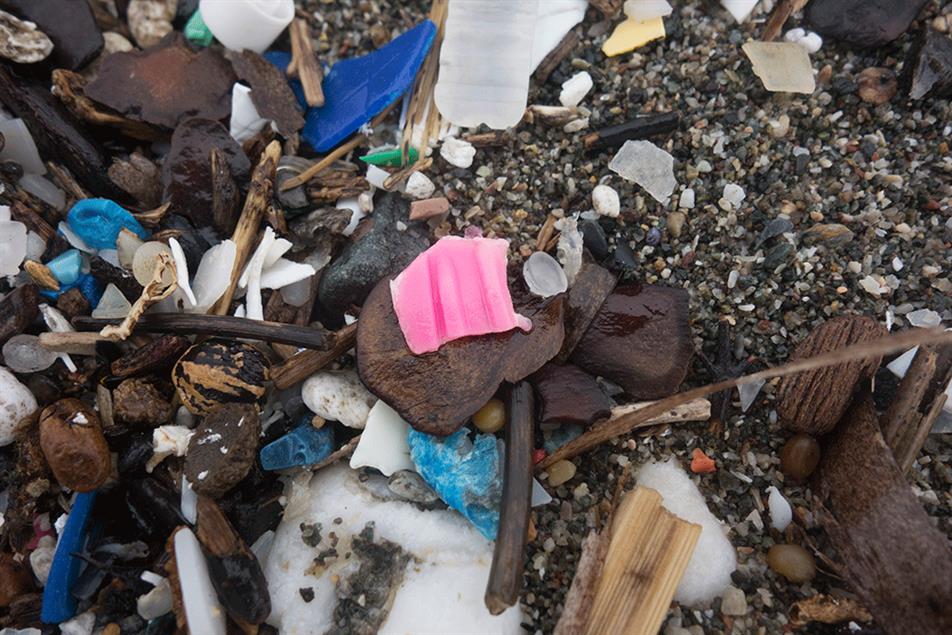A new report has suggested that a sponge made of cotton and squid bone that has absorbed about 99.9% of microplastics in water samples in China could provide an elusive answer to ubiquitous microplastic pollution in water across the globe.
The University of Wuhan study authors said in the paper, which was peer-reviewed and published in the journal Science Advances that just as importantly, the filter’s production appears to be scalable. That would address a problem that has stymied the use of previous microplastic filtration systems that were successful in controlled settings, but could not be scaled up.
If it is successfully deployed on a larger scale in forthcoming research, the filter could change the course of one of the world’s most serious public health crises.
“Microplastic remediation in aquatic bodies is essential for the entire ecosystem, but is challenging to achieve with a universal and efficient strategy,” the study’ authors wrote in the paper.
Read also: US agency says Arctic tundra is now emitting more carbon than it absorbs
Microplastics have been detected in water samples around the world at levels that are increasingly worrying researchers as the substance’s health threats become clearer. By one estimate, the average person ingests about 4,000 plastic particles in drinking water annually, while the substance has been found in clouds above Mount Fuji and in the ocean’s deepest trench.
Microplastic pollution can contain any number of 16,000 plastic chemicals, and often is attached to highly toxic compounds – like PFAS, bisphenol and phthalates – linked to cancer, neurotoxicity, hormone disruption or developmental toxicity. Microplastics can cross the brain and placental barriers, and those who have it in their heart tissue are twice as likely to have a heart attack or stroke during the next several years.
The study tested the material in an irrigation ditch, a lake, seawater and a pond, where it removed up to 99.9% of plastic. It addressed 95%-98% of plastic after five cycles, which the authors say is remarkable reusability.
Story was adapted from the Guardian.
